
Kód: 04546522
God Owes Us Nothing
Autor Leszek Kolakowski
This volume presents a new interpretation of a centuries-long debate in Christianity: how to reconcile the existence of evil in the world with the goodness of an omnipotent God. In Augustinian doctrine, evil is the absence of good ... celý popis
- Jazyk:
 Angličtina
Angličtina - Väzba: Pevná
- Počet strán: 248
Nakladateľ: University of Chicago Press, 1995
- Viac informácií o knihe

124.39 €
Dostupnosť:
50 % šanca Máme informáciu, že by titul mohol byť dostupný. Na základe vašej objednávky sa ho pokúsime do 6 týždňov zabezpečiť.
Máme informáciu, že by titul mohol byť dostupný. Na základe vašej objednávky sa ho pokúsime do 6 týždňov zabezpečiť.Prehľadáme celý svet
Mohlo by sa vám tiež páčiť
-

Horse and His Boy
9.50 € -2 % -

Dance for your Daddy
19.94 € -13 % -

Formative Classroom Assessment
44.39 € -

Full Throttle
23.21 € -3 % -

Flaubert and Don Quijote
203.06 € -

End Times Made Simple
20.45 € -4 %
Darčekový poukaz: Radosť zaručená
- Darujte poukaz v ľubovoľnej hodnote, a my sa postaráme o zvyšok.
- Poukaz sa vzťahuje na všetky produkty v našej ponuke.
- Elektronický poukaz si vytlačíte z e-mailu a môžete ho ihneď darovať.
- Platnosť poukazu je 12 mesiacov od dátumu vystavenia.
Informovať o naskladnení knihy
Zadajte do formulára e-mailovú adresu a akonáhle knihu naskladníme, zašleme vám o tom správu. Postrážime všetko za vás.
Viac informácií o knihe God Owes Us Nothing
Nákupom získate 308 bodov
 Anotácia knihy
Anotácia knihy
This volume presents a new interpretation of a centuries-long debate in Christianity: how to reconcile the existence of evil in the world with the goodness of an omnipotent God. In Augustinian doctrine, evil is the absence of good, God is omnipotent, and individuals are predestined to salvation or damnation. We are powerless to influence God's bestowal of grace by either word or deed: in short, God owes us nothing. Augustine's view was attacked as unduly harsh by the 4th-century monk Pelagius, whose followers believed that humans can earn grace through good acts. The Church condemned this teaching as heresy, but controversies concerning evil, free will, divine omnipotence, grace, and predestination continued over the centuries. In the 17th century, the theologian Jansenius returned to Augustinian doctrine and created his own heresy: he repudiated free will, accepted predestination and taught that God is free to bestow grace upon the wicked and withhold it from the good; because of original sin, no one is deserving of grace. Renowned as a philosopher with deep religious sensitivities, Kolakowski confronts this controversy. He argues that the teachings of Jansenius and Augustine both reflect the very principles and spirit upon which the Church was founded, and to reject one is to reject the other. His central thesis is that by condemning Jansenism, the Church also found a way to abandon its 1000-year adherence to the doctrines of Saint Augustine. Kolakowski continues this critical encounter with an examination of Pascal, whose powerful moral philosophy has roots in Jansenism. Pascal affirmed the divine omnipotence of God in his famous Wager: if God does not exist, nothing is lost by not having faith; if God does exist, the believer gains eternal life through faith. Kolakowski interprets the Wager as a sign of the limitations of reason and a necessity for a mystical faith. Pascal's religion is thus true both to the spirit of Jansenius and of Augustine.
 Parametre knihy
Parametre knihy
Zaradenie knihy Knihy po anglicky Humanities Religion & beliefs Religion: general
124.39 €
- Celý názov: God Owes Us Nothing
- Podnázov: Brief Remarks on Pascal's Religion and on the Spirit of Jansenism
- Autor: Leszek Kolakowski
- Jazyk:
 Angličtina
Angličtina - Väzba: Pevná
- Počet strán: 248
- EAN: 9780226450513
- ID: 04546522
- Nakladateľ: University of Chicago Press
- Hmotnosť: 440 g
- Rozmery: 220 × 145 × 25 mm
- Dátum vydania: 09. November 1995
Obľúbené z iného súdka
-

Conversations With God
11.24 € -25 % -
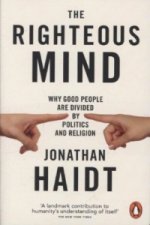
The Righteous Mind
15.13 € -13 % -
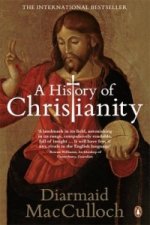
History of Christianity
18.61 € -23 % -

Waking Up
10.94 € -24 % -

End of Faith
9.91 € -17 % -

Secular Age
88.18 € -

Mohammed
21.88 € -
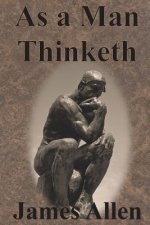
As a Man Thinketh
6.64 € -

The Psychology of Selling
15.54 € -22 % -

Scientific Healing Affirmations
6.84 € -

Screwtape Letters
11.14 € -23 % -
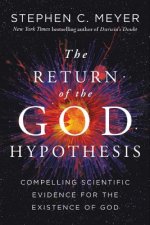
Return of the God Hypothesis
25.26 € -19 % -

The Greatest Salesman in the World
8.89 € -22 % -
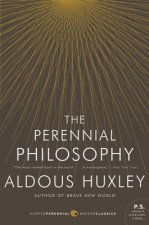
The Perennial Philosophy
16.67 € -14 % -
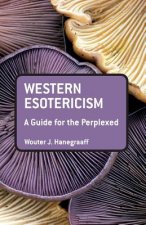
Western Esotericism: A Guide for the Perplexed
46.33 € -
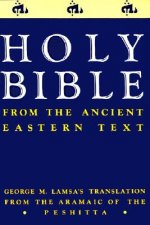
Holy Bible
60.04 € -
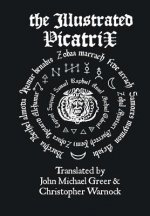
Illustrated Picatrix: the Complete Occult Classic of Astrological Magic
62.70 € -
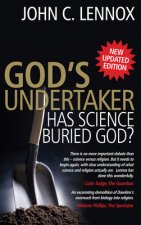
God's Undertaker
12.27 € -23 % -

Koran
21.88 € -
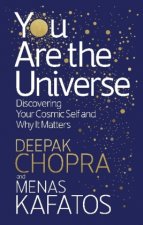
You Are the Universe
15.44 € -23 % -

Princess Majestic Bible Tabs
7.15 € -5 % -
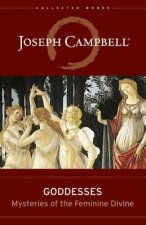
Goddesses
22.80 € -19 % -
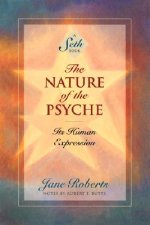
Nature of the Psyche
17.69 € -17 % -
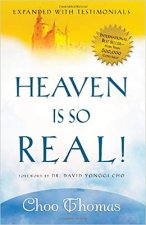
Heaven is So Real
13.19 € -19 % -

Religions Book
19.94 € -21 % -

Original Aramaic New Testament in Plain English with Psalms & Proverbs (8th Edition Without Notes)
35.59 € -
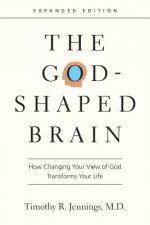
God-Shaped Brain
17.28 € -19 % -
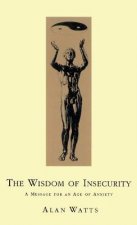
Wisdom Of Insecurity
14.41 € -23 % -
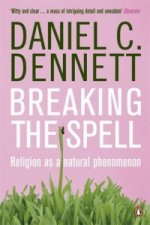
Breaking the Spell
12.78 € -24 % -
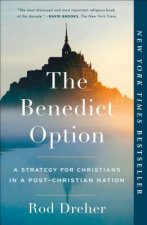
Benedict Option
15.54 € -22 % -

Delomelanicon
37.94 € -
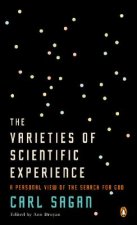
Varieties of Scientific Experience
24.34 € -7 % -
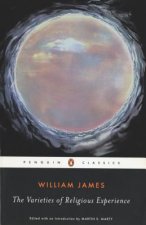
Varieties of Religious Experience
14.62 € -20 % -
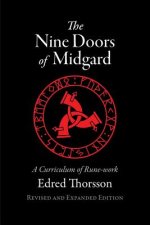
Nine Doors of Midgard
26.08 € -
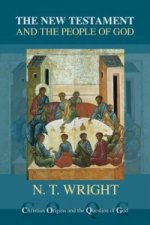
New Testament and the People of God
46.33 € -33 % -
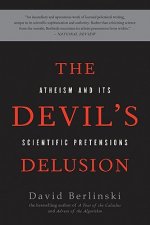
Devil's Delusion
21.27 € -
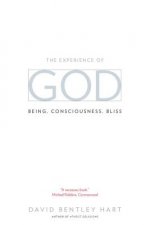
Experience of God
17.79 € -16 % -

Sekhem Apep
25.05 € -
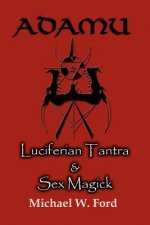
ADAMU - Luciferian Tantra and Sex Magick
20.86 € -

Kahuna Magic
11.75 € -5 % -
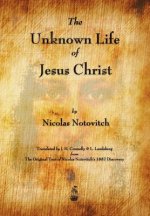
Unknown Life of Jesus Christ
9.61 € -

Perfect Heresy
13.29 € -23 % -

Pensees
12.06 € -16 % -
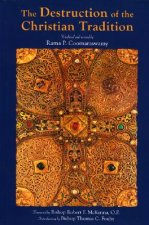
Destruction of the Christian Tradition
33.44 € -
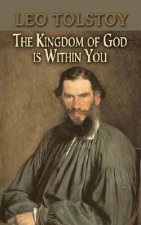
Kingdom of God Is Within You
13.80 € -3 % -

Words of Christ
23.72 € -4 % -
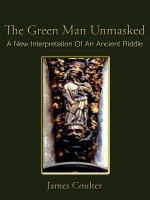
Green Man Unmasked
21.17 € -

Better Than Good
16.36 € -19 % -

History, Analysis and Secret Tradition of the Tarot
19.22 €
Osobný odber Bratislava a 2642 dalších
Copyright ©2008-24 najlacnejsie-knihy.sk Všetky práva vyhradenéSúkromieCookies


 21 miliónov titulov
21 miliónov titulov Vrátenie do mesiaca
Vrátenie do mesiaca 02/210 210 99 (8-15.30h)
02/210 210 99 (8-15.30h)